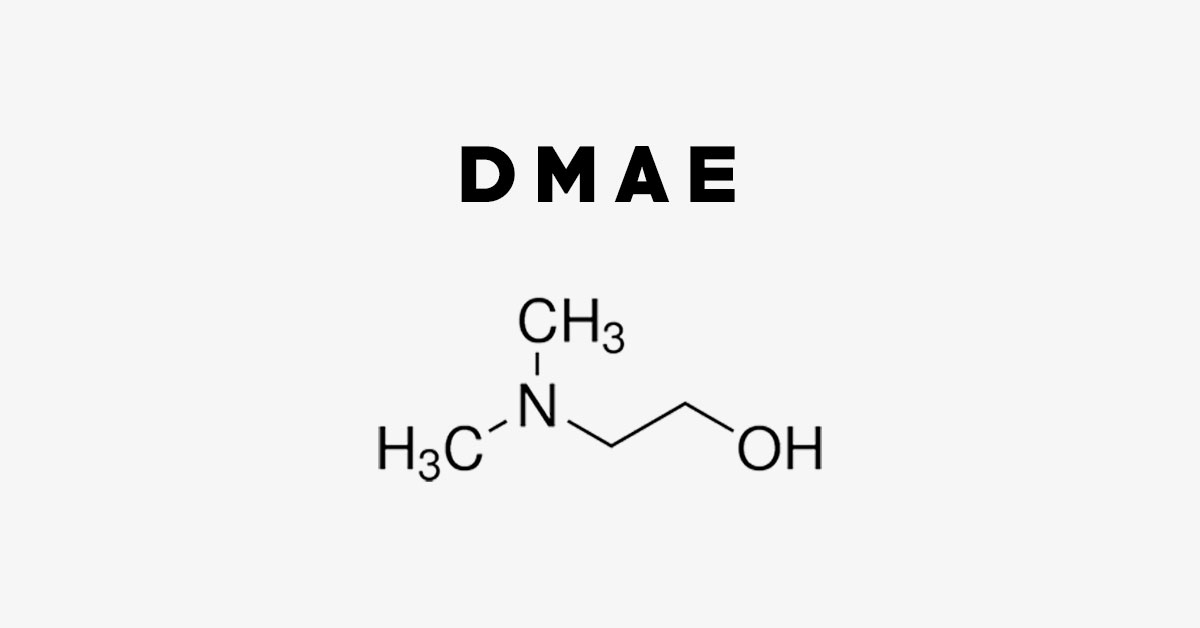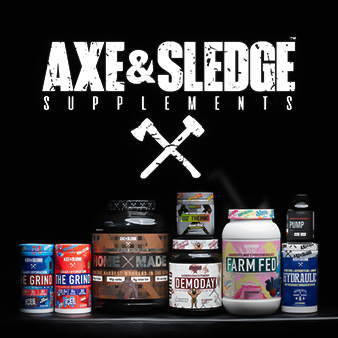
DMAE (Dimethylaminoethanol)
DMAE is a precursor to choline, and is commonly found in skin care products, nootropic and pre-workout supplements.
Uses of DMAE
You’ll commonly find DMAE in nootropic supplements, and more recently, pre-workout supplements.
DMAE isn’t as proven as ingredients such as Acetyl-L Carnitine or Alpha GPC, and so far studies haven’t shown it to make a significant impact. More studies need to be done on humans for us to consider it “proven”.
DMAE has been shown to reduce the age pigmentation molecule known as beta-amyloid, which impairs cognitive function and is implicated in the cognitive decline with age.
It does not actually convert to Acetylcholine. It more so inhibits choline metabolism. As far as improving concentration, which is really want we want, there is evidence of this as well. Therefore, we actually like seeing this in pre-workouts, and we have enjoyed it at high doses.
Interactions with DMAE
We suggest stacking DMAE with ingredients such as Alpha-GPC or Huperzine A.
Due to the synergistic effects, try one or the other and not all three, as too much Huperzine A and Alpha-GPC combined may cause brain fog.
Side Effects of DMAE
May increase blood pressure, upset stomach, headaches, muscle tension, drowsiness, confusion, and irritability.
Recommended DMAE Dosage
For the most part, there is no set dose recommended for DMAE. It has been studied at small doses and higher doses up to 600mg three times per day.
Try starting at smaller doses and working your way up.
Recommended Supplements Featuring DMAE
The following products contain DMAE at the recommended dosage, and are recommended supplements for Fitness Informant:






